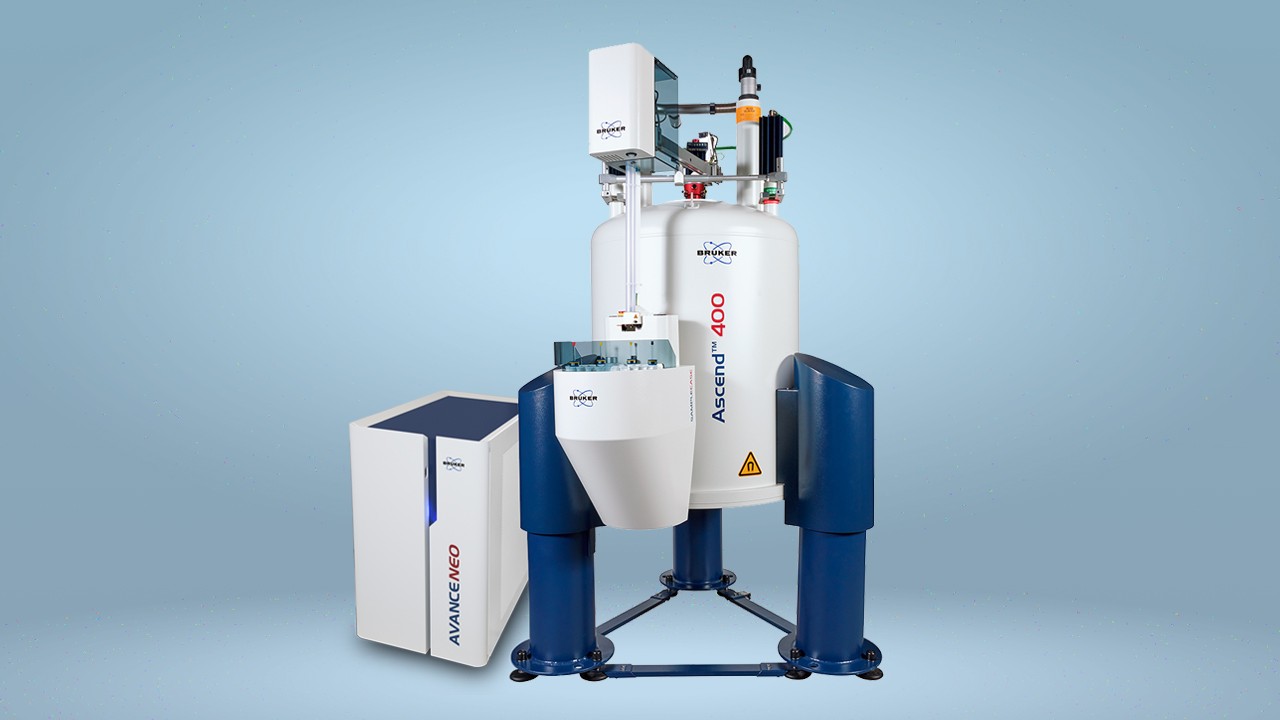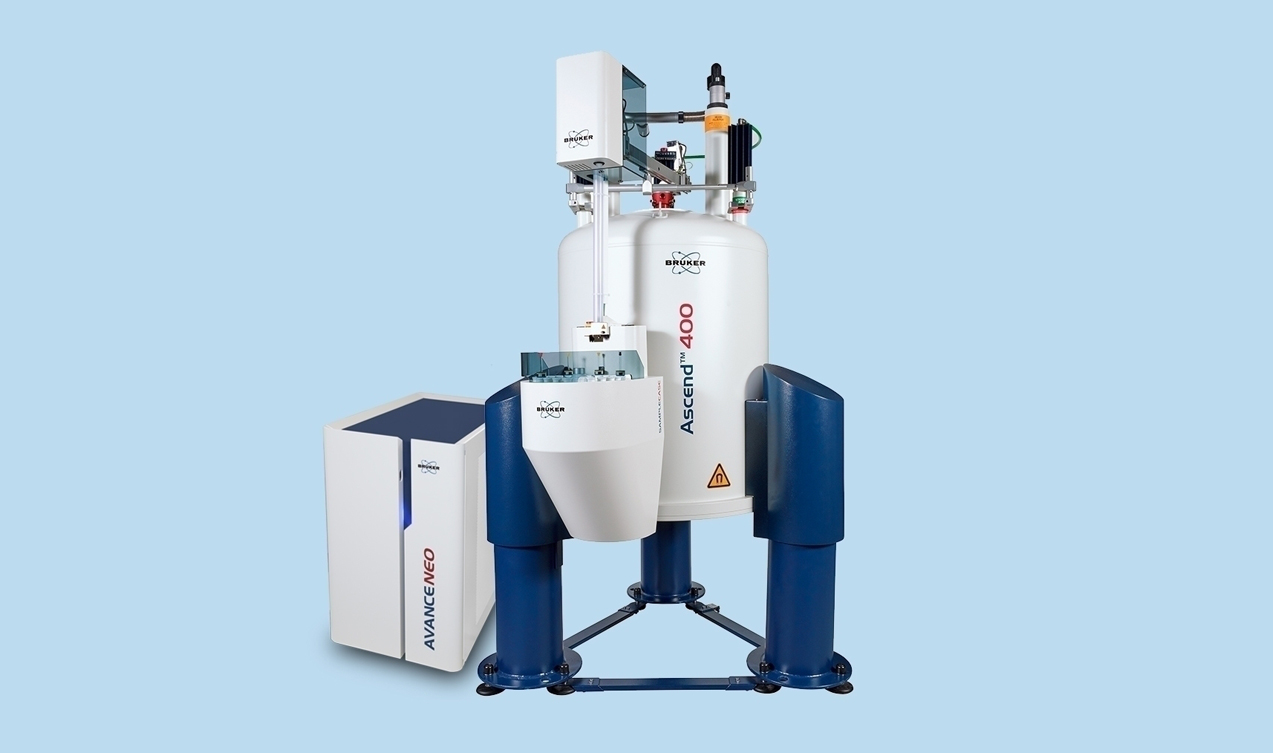Recycling from landfill recycle of waste plastics
Recycling from landfill recycle of waste plastics
European countries are facing increasingly serious landfill management issues.Europe has more than 500000 landfills, with 90% in the implementation of standard security specific directive (1999/31 / EC) before use.Landfills and reclamation of health responsibility increasingly falls in the public institutions.
A new method of waste management has given rise to the landfill as the idea of a "field" original resources.Landfill mining (LFM) work relating to the mining, separation and processing of waste.(reclamation of this scheme has the advantage of both environmental protection and improve the landfill) and economic (recovery and recycling of materials) [1].
Strengthen the landfill mining
Improved the landfill mining (ELFM) is a powerful tool for landfill sustainable management.It requires innovative technology and comprehensive method, to detailed analysis of all the environmental benefits and burdens.
Plastic is usually the main composition of landfill [2].These plastic in contain plenty of polyethylene (PE) and polypropylene (PP) and polyolefin material, and different number of polyvinyl chloride (PVC), and other common polymer [3].ELFM use, however, the study found that the landfill materials recycling is usually limited to metal, glass and aggregate, and plastic, wood, textile and paper [4] is usually converted into fuel.
This may be because of plastics recycling secondary raw material when will face many challenges.Classify these challenges include the need for the polymer, and the harmful material such as soil and heavy metals, organic leachate pollution [5], landfill conditions caused by the material degradation, and so on.
The environmental impact
[6] this study using life cycle analysis (LCA) method for ongoing landfill waste handling and processing on the environmental impact assessment.The goal is to produce secondary plastic in the form of PE particles.To ensure the product has good mechanical properties, secondary research team used a variety of additives and additional manufacturing process.
This study is based on an Italian unregulated industrial landfill waste plastic materials.The waste material in the main components in plastic, as well as some coal (4.6%) and aluminum (1.17%).Other types of waste have the cathode and anode, cable, iron, asbestos, tires and wood, the content of each kind of dealing with waste is less than 1% of the total.Adopt the multistage process, including the use of a wet processing technology patents to handle waste, and then carries on the processing, to produce recycled plastics.Study also compares the two kinds of additives (linear low density polyethylene maleic acid (MAPE) and low density polyethylene (LDPE) as the usage of adhesion promoter.
Research team used a series of analytical techniques for secondary product composition were studied.One of the technology is a solid 13 c MAS NMR spectrum.They used the equipped with 4 mm MAS probe brooke Avance II 400 spectrometer.The ground wet processing samples into 4 mm zirconia rotor, the cover and sealed with Kel - F 10 kHz to rotate.Under the condition of high power proton decoupling, with 5 s relaxation delay and cross polarization spectrum 2 ms contact time record.
Nuclear magnetic resonance (NMR), according to the results of secondary products of high content of PE, PP, cellulose and polystyrene pollution in very small doses.The team thinks this is because in the process of picking the additive in thoroughly clean and use the adhesion promoter.It is worth noting that means less pollution is equivalent to a native PE on the mechanical properties of the secondary raw materials.
LCA emphasizes, from the point of view of resources and emissions, recycling is a very good environmental choice.Manufacturing secondary plastic's main advantage is that it can avoid the non-renewable resources (oil) emissions in the process of mining and refining of crude oil, which involves both the original product.
This study also considered other impact in the process.For example, they pay special attention to grinding feed, this is one of the main steps in the process of production of secondary particles.Grinding can affect human health, because workers will inhale emissions produced during production.However, the researchers found that the smoke dust are installed on the grinding machine of each system, and provide workers with personal protective equipment, is a good way to control the health risk.
The team concluded that the ELFM process improvement should be focused on recycling processing cathode and anode, especially in the sand.Recycling waste ship has to be used to transport, because of the often large number or a long way from treatment plants.The researchers suggested that a more thorough cleaning sand can reduce the pollution, and, after verified the applicability of the appropriate construction industry may be reused on it.The sand has become a byproduct of the process, still can reduce it as not recycling waste transportation energy costs.
To sum up, this study adopted the comprehensive experiment method and the method of LCA, demonstrate the feasibility of through ELFM recycled plastic waste, is sustainable in the environmental protection, and proper treatment can improve the performance of the secondary products and value.
The good faith innovation, promote the sustainable development of the enterprise
Brooke to polymer chain provides the most extensive end-to-end solutions portfolio, from product development to the manufacturing process to be controlled by raw material identification and finished product quality control, to reduce waste recycling process improvement method.This solution enables our customers to convert waste into raw materials, forming a closed loop.Circular economy will make our earth a more health and safety of the habitable land, brooke will unswervingly continue to support and to share that vision.
References:
- Jones, P.T., et al. (2013). Enhanced Landfill Mining, in the view of multiple resource recovery: a critical review. J. Clean. Prod. https://linkinghub.elsevier.com/retrieve/pii/S0959652612002442
- And Iannelli Pecorini, I., r. et al. (2020). Characterization of Excavated term of the company which in View of Multiple Resource Recovery in Landfill Mining, Sustainability. https://www.mdpi.com/2071-1050/12/5/1780
- Schwarzbock, t. et al. (2016. Determining the amount of waste plastics in the feed of governor waste - to - energy facilities. The waste Manag. Res., https://journals.sagepub.com/doi/10.1177/0734242X16660372
- Canopoli, l. et al. (2018). The Physico - chemical properties of excavated plastic from landfill mining, and the current process routes. The term "Manag. https://www.sciencedirect.com/science/article/abs/pii/S0956053X18301855?Via % 3 dihub
- Wolfsberger, t. et al. (2015). Landfill mining, : the Resource potential of governor landfills - Evaluation and quality assessment of recovered municipal solid waste by chemical analyses. The term "Manag. Res., https://journals.sagepub.com/doi/10.1177/0734242X15600051
- Ferrari, A.M. et al (2020). Environmental life cycle assessment of the process the processes of waste plastics recovered by landfill mining,. The term "Manag. https://www.sciencedirect.com/science/article/abs/pii/S0956053X20304268?Via % 3 dihub

